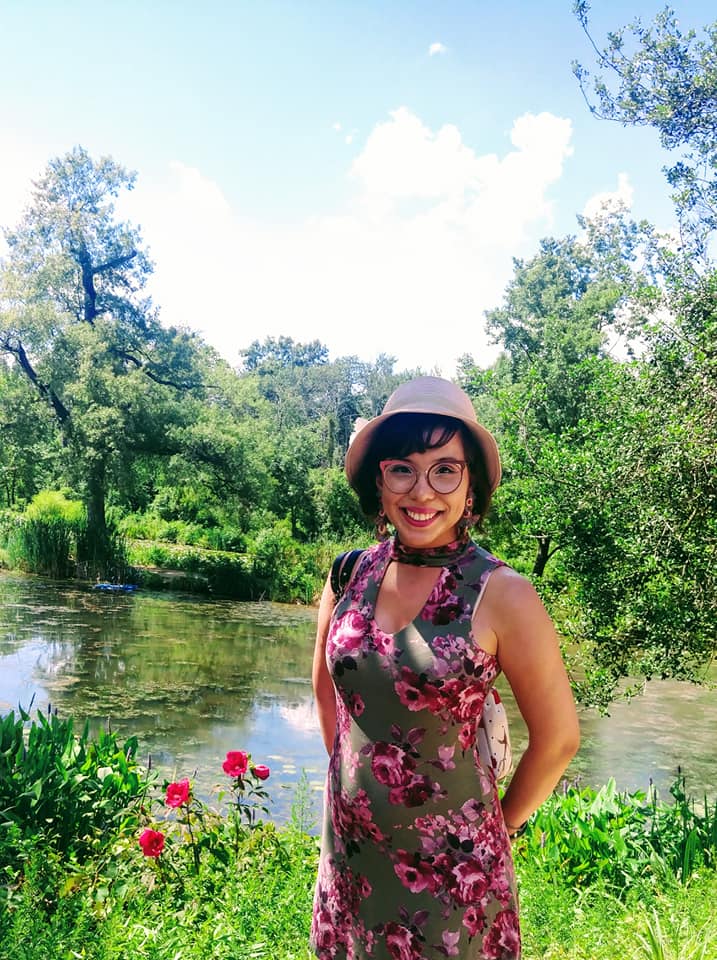
I knew before I opened my eyes this morning that it was raining outside. It’s my most impressive and useless skill: I am a human barometer.
Cerebrospinal fluid is a natural saline solution that cushions and protects the brain. If you didn’t have it, your brain would just be rattling around inside your skull in a perpetual concussion. When you stand up quickly or strain on the toilet or your train enters an underwater tunnel, the fluid cushioning your brain softens the impact, absorbs the shock. New fluid is produced each day and flows freely in the central nervous system in rhythm with your heartbeats before being absorbed into the bloodstream. Like the sea, it is pure salt water. Like the sea, like the changing of the tides, it is locked in a continuous cycle.
But for those of us whose bodies make too much fluid or for whom the normal flow of said fluid is obstructed, a man-made tool called a shunt drains the fluid directly from our skulls to our hearts or abdomens, where it can be safely reabsorbed. But it doesn’t do as good a job as a normal brain naturally would, so our brains are more sensitive to changes in position, pressure, and yes, weather.
Paraphrased from a brain surgeon:
There’s a constant pulsation with each beat of our heart.
There’s a lot of fluid in the cranium.
The shunt is draining that fluid away,
but not in the same balance, the same rhythm,
as a normal person.
That change in fluid dynamics is enough in some people
to be really sensitive to small changes
in pressure.
Today was the Youth Climate March on Washington. Children, some of them climate refugees, brought their anger to the epicenter of world power. They held signs that said, “The seas are rising and so are we,” and walked arm in arm through torrential downpours in the mid-Atlantic heat. The goal is to hold political figures accountable for the catastrophic environmental effects of policies which support the continued use of dirty energy. Lawsuits aim to speak to them in the only language they understand, one of profit and indemnification.
It is admirable, but flawed. Even when we are owed cosmic justice, we rarely get it. And if we did, what then? Still, their courage is commendable, and I wanted to join them in solidarity. But I missed it because the rain flooded my senses with pressure and pain.
Recently there has been widespread public debate about banning single-use plastic materials.
Straws, mostly.
Plastic disposable bendy straws were invented for use in hospitals,
for patients who may not otherwise be able to consume liquids,
and their impermanence made them ideal for a hospital,
where anything left to sit and reuse will quickly fester with the kinds of bacteria only found around bodies in various states of decay.
The convenience was seductive, and before long plastic straws were everywhere
so the language of need was drowned out
by the clamor of convenience.
We use five hundred million in the United States every day.
Imagine if you were hard of hearing
and you had to use a new hearing aid every time you wanted to hear something
and then people who aren’t hard of hearing discover that it makes eavesdropping easier
so everyone is using single-use plastic hearing aids as the ship sinks.
I owe my life to a little straw that keeps my brain from drowning itself.
My body is made of water, carbon, nitrogen, calcium, phosphorus, rubber, flexible silicone tubing, some magnets, and an ever-increasing amount of scar tissue.
The very technology that is destroying the planet is keeping me alive.
Convalescence gives you a lot of time to think.
After each medical trauma I have thought about
how much I could be doing if I wasn’t lying here in pain
how much waste I create when I don’t have the energy to reduce, reuse, recycle
how easy it is to learn bad habits when you don’t live their consequences in realtime
how easy it is to justify bad habits when you don’t live their consequences in realtime
how lucky I am to have been born
somewhere with an effective doctor-to-patient ratio.
somewhere with widespread indoor climate control.
somewhere where access to a hospital is guaranteed.
somewhere where basic equipment does not have to be improvised.
somewhere that guarantees my survival in the face of internal climate chaos.
somewhere where we don’t burn plastic on the beaches.
somewhere with strong food-safety regulations that address the plastic in my fish.
somewhere with a never-ending store of single-use medical supplies.
somewhere where we all have blood on our hands.
Turning and turning in the widening gyre,
bits of microplastic accumulate like so many grains of sand,
so many of them that from the air they look like islands.
They end up in the stomachs of marine creatures
and the creatures who eat the marine creatures
and the creatures who eat the creatures who eat the marine creatures.
If we could find a way to colonize the islands I bet we would.
The earth has a chronic illness called humanity.
She suffers pain, the pain causes fatigue.
She starts to forget things,
like when the seasons should change
and which kind of precipitation goes in which biome.
Her fluid dynamics are off.
Destruction in one part of her body causes systemic shock throughout.
Remedies prescribed for one problem cause side effects that require additional prescriptions which cause side effects which require additional prescriptions which cause side effects which require additional prescriptions.
The experts don’t believe her when she complains of discomfort.
After all, she is a woman.
There is a good chance none of the message in this bottle makes sense;
I wrote it while tidal conditions inside my skull were unpredictable.
I wonder if there will come a time when we don’t remember what it was like to feel dry.
